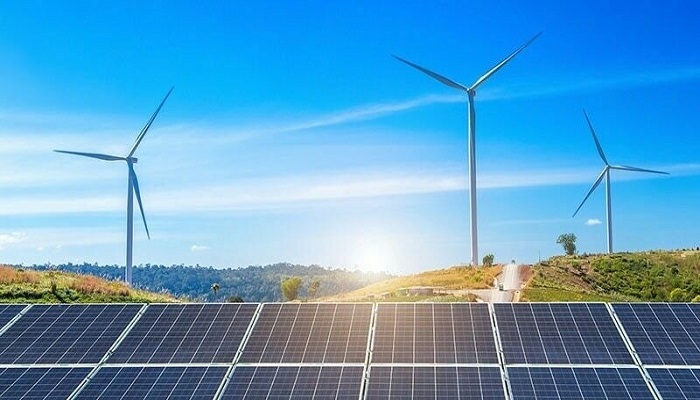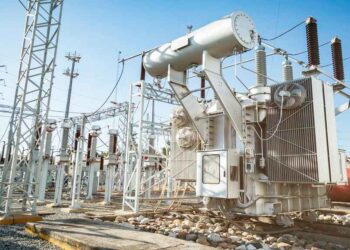The overall renewable energy investment globally posted a historic high of $500 billion in 2022; however, it was still 40% below the average of $1.3 trillion that is required annually between 2021 and 2030 so as to achieve the target of limiting the temperature increase to 1.5 degrees Celcius.
The climate policy initiative and International Renewable Energy Agency noted in a report that the investments don’t seem to be on track in order to reach the 2030 agenda for a development that is sustainable, noting that the off-grid renewable energy investment was only at $500 million, which is again way behind the $2.30 billion annual average so as to ramp up access to energy.
According to the report, investments seem to be focused on specific technologies like solar photovoltaic, which accounted for a whopping 43% of the overall renewable investments in 2020, which were then followed by onshore as well as offshore wind investments, standing at 35% and 12% respectively.
It is well to be noted that only 15% of the investments that were made in 2020 went to almost 70% of the world’s population, which happens to be mostly from developing as well as emerging markets. As far as investment in energy transition tech such as energy efficiency is concerned, the numbers reached a record high of $1.3 trillion, which happens to be 19% more than what was witnessed in 2021 and in fact 50% more than the pre-pandemic numbers.
The report further added that in order to let the energy transition have a positive effect, authorities as well as development partners needed to play a major role so as to ensure a more balanced flow of finance, acknowledging varied endowments as well as the starting conditions of nations.
There is a need for more public funds to flow in across regions, as well as into countries that have immense untapped potential, but are finding it difficult to attract investment. These funds have to go into aiding energy transition infra development, enabling policy frameworks, and at the same time addressing the consistent socio-economic gaps.







































